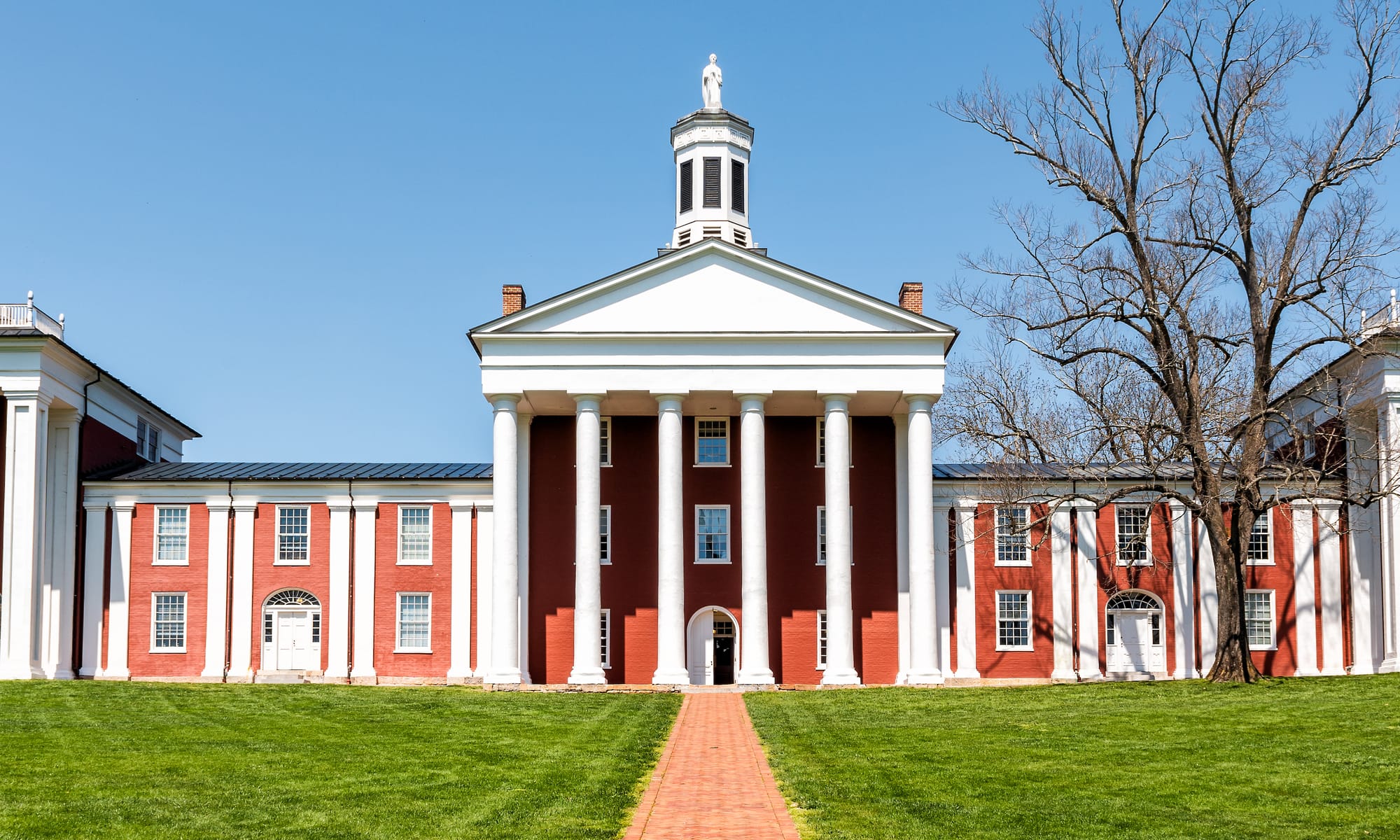The assault on birthright citizenship
The attempt to end birthright citizenship is un-American in the most fundamental sense.

This article by Ezekiel Kweku in the New York Times examines President Trump's second-term efforts to fundamentally redefine American citizenship, with particular focus on his administration's attempts to end birthright citizenship—a policy that Kweku calls "American identity at its fullest and most audacious."
Trump's Citizenship Assault
The Trump administration has launched a comprehensive campaign to narrow who can be considered American. Beyond traditional immigration enforcement like terminating migrant protections and increasing deportations, the administration has taken the extraordinary step of attempting to use executive power to limit birthright citizenship. They're denying citizenship to children born on U.S. soil whose parents were here temporarily or illegally. The Supreme Court recently gave Trump a procedural victory by limiting lower courts' ability to block this policy nationwide.
The Stakes of Birthright Citizenship
As Kweku elegantly states, unrestricted birthright citizenship represents the essence of American exceptionalism—"the characteristically New World notion that being born on a country's soil is enough to make a person its inheritor and steward."
This is America's foundational belief. Anyone can be enlisted in the democratic experiment, regardless of their parents' status.
Historical Irony
There is a crucial irony though: birthright citizenship was enshrined in the 14th Amendment specifically to resolve the moral contradiction of slavery. After emancipation, the Constitution was amended to declare that formerly enslaved people—and all future children born on American soil—were citizens by birthright. The article argues that America might never have adopted such expansive citizenship policies without this historical necessity. One forged in the blood of a racist rebellion.
Do we need to point out this points back to the racism underlying the current administration.
The Heritage American Movement
Trump's efforts align with rising conservative promotion of "Heritage American" identity—the idea that true Americanness requires ancestral lineage stretching back generations. And to be white.
This represents a fundamental shift from viewing America as a creed anyone can adopt to seeing it as an inherited bloodline. Some use this term to suggest multi-generational Americans have stronger claims to citizenship; others use it to disguise white nationalism. We all know which of the two it is.
Current Immigration Reality
The U.S. hosts 17% of all international migrants despite being only 4% of world population. About 15% of Americans are foreign-born—the same percentage as during the second great immigration wave in 1910. This demographic reality fuels Trump's "Make America Great Again" nostalgia for pre-1965 America.
That is, before civil rights were enshrined in law—Jim Crow America.
The Broader Battle
Beyond policy mechanics, Kweku frames Trump's actions as part of a larger struggle over American identity. The question isn't just legal—who gets citizenship—but philosophical:
We agree with Kweku that Trump's assault on birthright citizenship represents an attempt to resolve America's current identity crisis through exclusion rather than inclusion. By restricting who can become American, the administration is trying to return to a more ethnically homogeneous vision (i.e., white males) of national identity, abandoning the expansive democratic ideals that have historically defined American exceptionalism.


